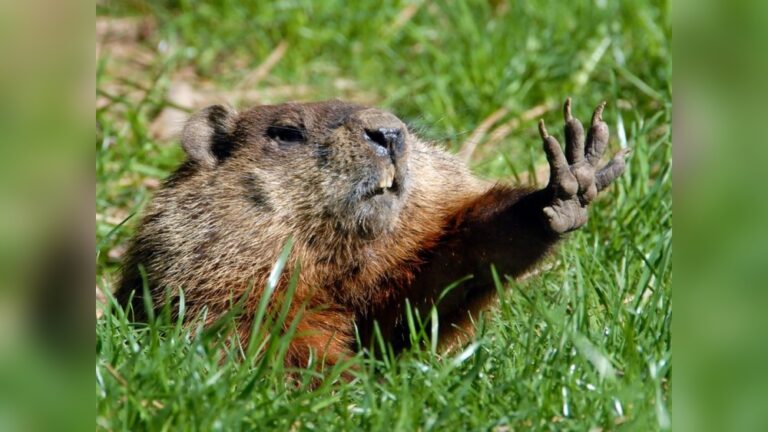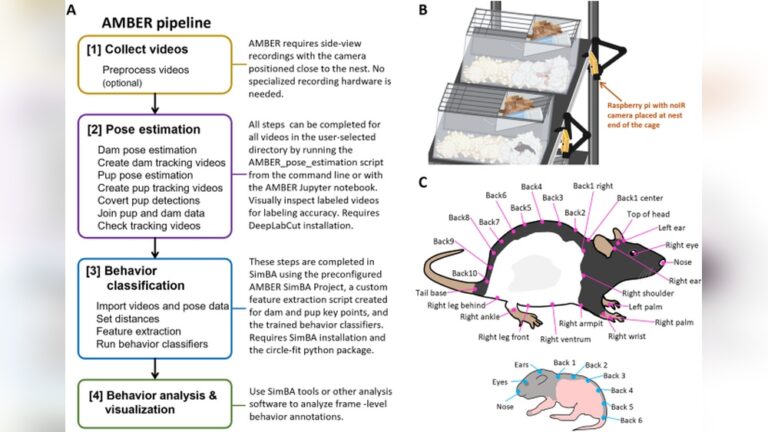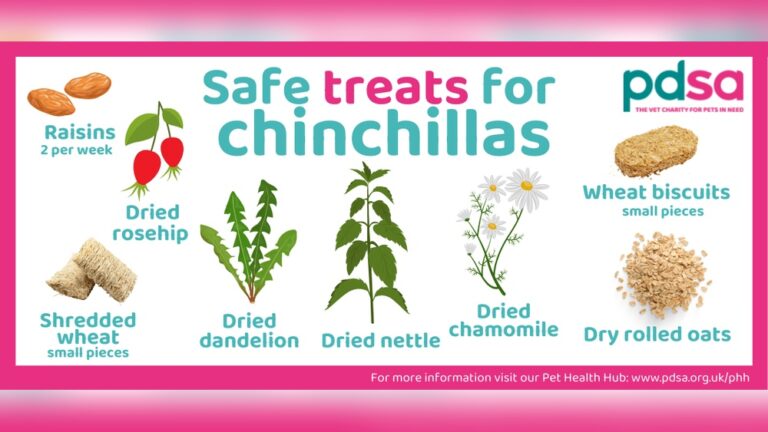What Do Hamsters Eat: Ultimate Guide to Healthy Hamster Diets
Are you wondering what to feed your furry little friend to keep them happy and healthy? Knowing exactly what hamsters eat can make a huge difference in your pet’s well-being.
If you want to avoid common feeding mistakes and give your hamster the best diet, you’re in the right place. Keep reading, and you’ll discover simple, practical tips that will help you take great care of your tiny companion every day.
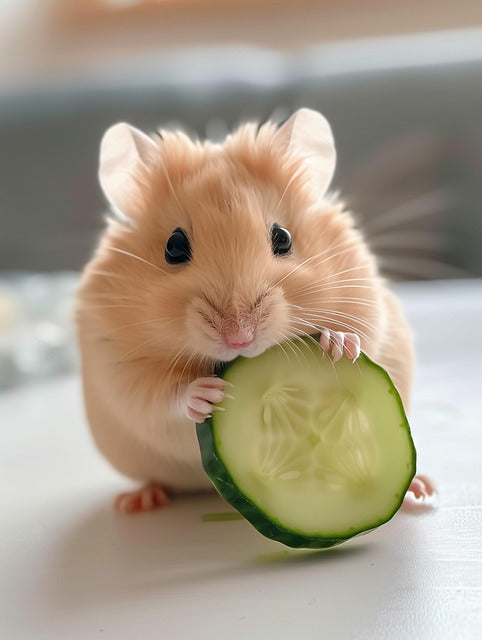
Credit: supertails.com
Hamster Diet Basics
Hamsters need a balanced diet to stay healthy and active. Their food must include the right nutrients. Understanding what hamsters eat helps you care for them better. Each hamster species may have slightly different needs. Avoiding common feeding mistakes keeps your pet safe and happy.
Essential Nutrients
Hamsters need proteins, fats, and carbohydrates in their diet. Protein helps build strong muscles and keeps energy high. Fats provide long-lasting energy and help absorb vitamins. Carbohydrates give quick energy for daily activities. Vitamins and minerals support growth and immune health. Fiber helps digestion and keeps their gut healthy.
Dietary Needs By Species
Syrian hamsters enjoy more fresh vegetables and fruits. Dwarf hamsters require less sugar and more seeds. Roborovski hamsters eat mostly grains and small insects. Each species needs a mix of fresh and dry foods. Adjust the diet to your hamster’s size and activity level.
Common Feeding Mistakes
Overfeeding treats can cause obesity and health problems. Giving too many sugary fruits can upset their stomach. Feeding human food like chocolate or onions is dangerous. Forgetting fresh water can lead to dehydration. Not changing food regularly leads to spoilage and illness.
Safe Foods For Hamsters
Hamsters need safe foods to stay healthy and happy. Feeding the right items helps them grow strong. Unsafe foods can cause health problems. Knowing which foods are safe makes caring for your hamster easier.
Safe foods include fresh vegetables, fruits, grains, seeds, and proteins. These foods provide essential nutrients and energy. Offering a variety keeps your hamster interested in meals.
Fresh Vegetables And Fruits
Fresh vegetables and fruits are great for hamsters. Carrots, cucumbers, and broccoli provide vitamins and water. Apples and berries offer sweetness and fiber. Always wash produce well to remove dirt and chemicals. Serve small amounts to avoid stomach upset.
Grains And Seeds
Grains and seeds form a natural part of a hamster’s diet. Sunflower seeds, oats, and barley are good choices. These foods give energy and help with digestion. Avoid salty or flavored seeds, which can harm hamsters. Offer in moderation to prevent weight gain.
Proteins And Treats
Hamsters need protein for muscle and tissue repair. Small pieces of cooked egg or mealworms work well. Plain nuts like peanuts or almonds are good treats. Avoid processed or sugary snacks as they cause health issues. Protein treats should be given only occasionally.
Foods To Avoid
Hamsters need a careful diet for good health. Some foods can harm them badly. Knowing what to avoid keeps your pet safe and happy. Here are key foods to keep away from your hamster.
Toxic Plants And Foods
Many common plants can hurt hamsters. Avoid onions, garlic, and rhubarb. These cause stomach pain and other problems. Also, never give your hamster chocolate. It is poisonous to them. Some houseplants like ivy and daffodils are toxic too. Keep these out of reach at all times.
Harmful Human Snacks
Human snacks often contain salt, sugar, or fat. Chips, candy, and cookies can make hamsters sick. Avoid giving processed foods. These upset their digestion and cause weight gain. Also, avoid citrus fruits which can irritate their stomachs. Stick to natural, simple foods for your pet.
Overfeeding Risks
Too much food can be dangerous. Hamsters can get obese and weak. Overfeeding can lead to diabetes and other illnesses. Feed small amounts in controlled portions. Watch your hamster’s weight regularly. Healthy feeding keeps your pet active and strong.
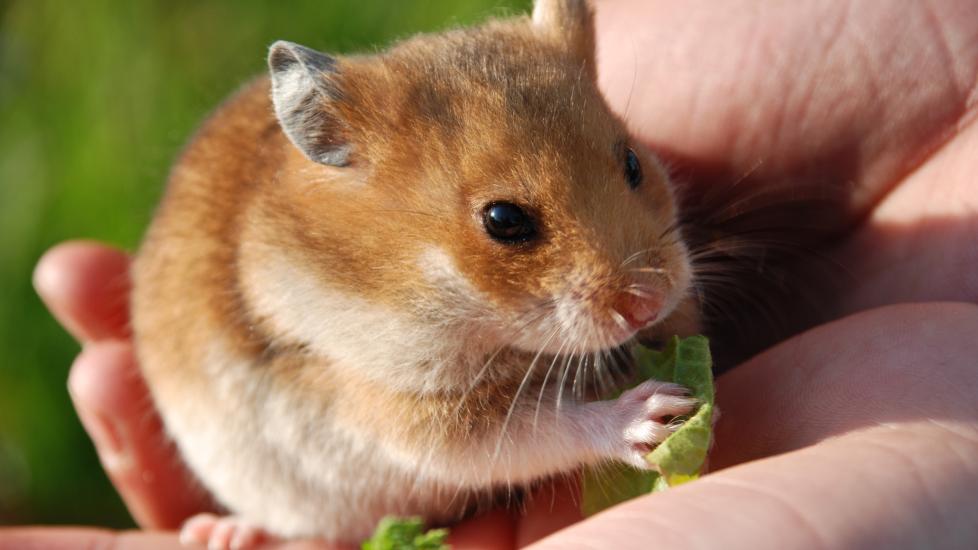
Credit: www.petmd.com
Homemade Hamster Food Ideas
Making homemade food for your hamster can be fun and healthy. It lets you control the ingredients. You can avoid harmful additives and give fresh, tasty meals. Homemade food also adds variety to your pet’s diet. This helps keep your hamster happy and active.
Diy Mixes And Recipes
Start with simple mixes using seeds, grains, and nuts. Use sunflower seeds, millet, and oats as a base. Add small amounts of dried fruits like apple or raisin. Mix in tiny pieces of fresh vegetables such as carrot or cucumber. Avoid citrus fruits and onions. Always make sure the pieces are small and safe for chewing.
Seasonal Food Options
Fresh seasonal foods bring natural vitamins to your hamster. In spring, offer fresh greens like dandelion leaves or clover. Summer is good for small berries and fresh peas. Autumn has pumpkin seeds and apple slices. Winter can include dried herbs and safe root vegetables. Rotate these foods to keep your hamster’s diet balanced.
Storage Tips
Store homemade mixes in airtight containers. Keep them in a cool, dry place away from sunlight. Fresh food should be given daily and leftovers removed. Avoid storing fresh vegetables with dry mixes. Label containers with the date to track freshness. Proper storage keeps food safe and tasty for your pet.
Feeding Schedule And Portions
Knowing the right feeding schedule and portions helps keep hamsters healthy. Feeding too much or too little can cause problems. A good plan supports their energy and growth. It also helps prevent obesity and digestive issues. Below are key points to guide daily feeding.
Daily Feeding Guidelines
Feed hamsters once or twice each day. Morning and evening work well. Offer 1 to 2 tablespoons of food daily. Use a mix of pellets and fresh vegetables. Remove uneaten fresh food within a few hours. Keep water clean and refill every day.
Adjusting Diet For Age And Health
Young hamsters need more protein for growth. Give them extra pellets or mealworms. Older hamsters need fewer calories to avoid weight gain. Adjust portions smaller for seniors. Sick hamsters may eat less or need special food. Watch their health and change diet as needed.
Monitoring Eating Habits
Watch how much your hamster eats each day. Sudden changes can signal illness. Note if they avoid certain foods or stop eating. Check for leftover food in the cage. Healthy hamsters eat regularly and finish their meals. Contact a vet if eating habits change suddenly.
Hydration Needs
Hamsters need water to stay healthy and active. Water helps their body work well. It keeps their skin soft and their muscles strong. Without enough water, hamsters can get sick fast.
Water Sources
Hamsters get water mainly from their drinking bottle. Use a clean, fresh water bottle with a small metal spout. Avoid open bowls, as hamsters may spill water or make it dirty. You can also offer small pieces of juicy fruits like cucumber or watermelon for extra hydration.
Maintaining Fresh Water
Change your hamster’s water every day. Clean the water bottle once a week to stop germs. Use warm water and mild soap. Rinse the bottle well before refilling it. Check the water level daily to keep it full and fresh.
Signs Of Dehydration
Dehydrated hamsters look tired and weak. Their skin may become dry and wrinkled. You might see less activity or less eating. Their mouth and nose can become dry. If you notice these signs, give water quickly and contact a vet.
Supplements And Treats
Supplements and treats play a special role in a hamster’s diet. They provide extra nutrients and add variety. These extras help keep hamsters happy and healthy. Giving the right supplements and treats supports their growth and energy. Careful choices prevent health problems and keep hamsters active.
When To Use Supplements
Supplements help fill nutrient gaps in a hamster’s diet. Use them if your pet lacks vitamins or minerals. Older or sick hamsters may need extra support. Consult a vet before adding supplements. Avoid overusing supplements to prevent health issues.
Healthy Treat Options
Choose treats that offer nutrition, not just taste. Small pieces of fresh vegetables work well. Pumpkin seeds and sunflower seeds make good treats. Fresh fruits like apples can be given sometimes. Avoid sugary or salty snacks that harm hamsters.
Avoiding Overindulgence
Too many treats can cause obesity and illness. Limit treats to a few small pieces per day. Watch your hamster’s weight and behavior closely. Balance treats with regular food for a healthy diet. Overfeeding can lead to short and unhappy hamster life.
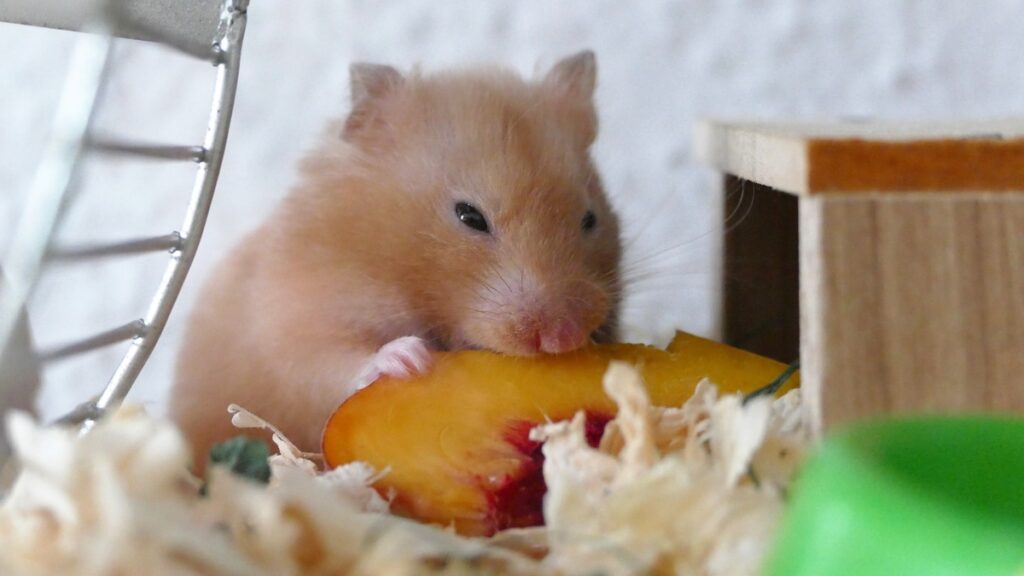
Credit: www.chewy.com
How Smart Pets Lover Can Help You with What Do Hamsters Eat
Learning Through Feeding: Turning Hamster Diet into Practical Pet Care
Understanding what do hamsters eat opens up wonderful opportunities to deepen your bond and sharpen your pet parenting skills. By paying close attention to safe foods for hamsters and their feeding schedule and portions, you not only ensure their health but also cultivate a routine that brings comfort and joy to your furry friend.
- Observe how your hamster responds to different homemade hamster food ideas, adjusting ingredients to find their favorites while staying within safe options.
- Use feeding times as moments to practice patience and mindfulness, helping your hamster feel secure and loved.
- Track hydration needs alongside dietary choices to build a holistic understanding of your pet’s wellbeing.
At Smart Pets Lover, we believe every wag, purr, and chirp tells a story—your hamster’s included. Remember, if ever in doubt, consulting a veterinarian or reaching out to pet care communities can provide reassurance and tailored advice. This thoughtful approach not only nurtures your hamster but also enriches your journey as a confident, caring pet parent.
Frequently Asked Questions
What Are The Best Foods For Hamsters?
Hamsters thrive on a balanced diet of hamster pellets, fresh vegetables, and occasional fruits. Avoid sugary or fatty treats to keep them healthy and active.
Can Hamsters Eat Fruits And Vegetables Safely?
Yes, hamsters can eat many fruits and vegetables like carrots, apples, and broccoli in moderation. Always wash and cut them into small pieces.
Is It Safe To Feed Hamsters Nuts And Seeds?
Nuts and seeds are good protein sources but should be given sparingly. Too many can cause obesity and digestive issues in hamsters.
How Often Should I Feed My Hamster Daily?
Feed your hamster small portions twice a day. Fresh food should be provided daily, while dry pellets can be refilled as needed.
Conclusion
Hamsters need a balanced diet to stay healthy and happy. They enjoy seeds, grains, fresh vegetables, and occasional fruits. Avoid feeding them sugary or fatty treats. Fresh water is important every day. Watching what your hamster eats helps you spot any problems early.
Feeding them right supports their energy and long life. Keep their meals simple and safe for best results. Caring for your hamster’s diet shows you care for your pet’s well-being. A happy hamster makes a joyful home.


